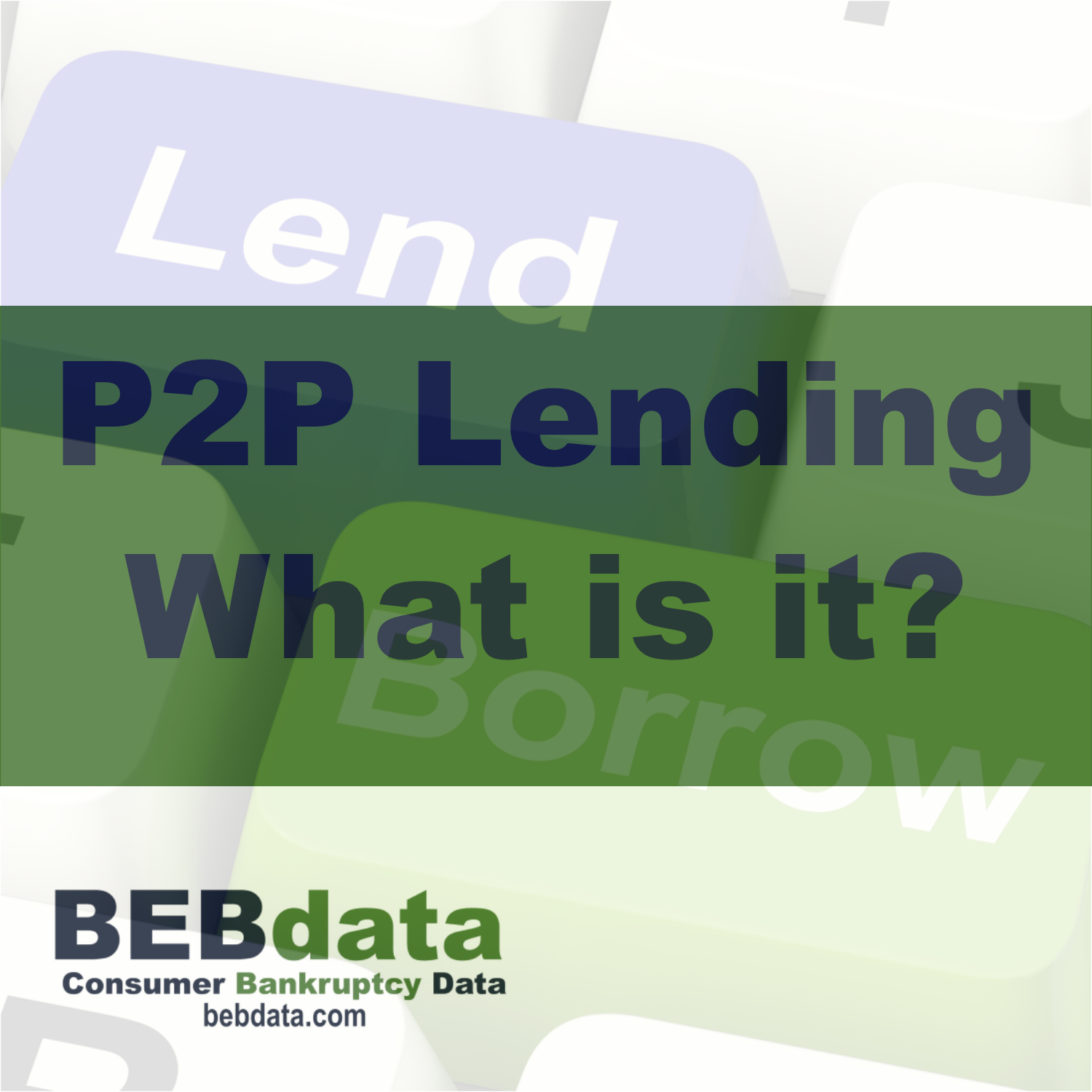 Peer-to-peer lending, (aka P2P), is the practice of lending money to individuals or businesses through online services that match lenders with borrowers. Since peer-to-peer lending companies offering these services generally operate online, they have lower overhead and can provide service cheaper than traditional lenders. As a result, lenders can earn higher returns compared to savings and investment products offered by banks, while borrowers can borrow money at lower interest rates even after the P2P lending company has taken a fee for providing the match-making platform and credit checking the borrower.
Peer-to-peer lending, (aka P2P), is the practice of lending money to individuals or businesses through online services that match lenders with borrowers. Since peer-to-peer lending companies offering these services generally operate online, they have lower overhead and can provide service cheaper than traditional lenders. As a result, lenders can earn higher returns compared to savings and investment products offered by banks, while borrowers can borrow money at lower interest rates even after the P2P lending company has taken a fee for providing the match-making platform and credit checking the borrower.
Also known as crowdlending, many peer-to-peer loans are unsecured personal loans. Other forms of peer-to-peer lending include student loans, commercial and real estate loans, and payday loans.
The lending intermediaries are for-profit businesses and generate revenue by collecting a one-time fee on funded loans from borrowers and by assessing a loan servicing fee to investors or borrowers. Compared to stock markets, peer-to-peer lending tends to have both less volatility and less liquidity.
